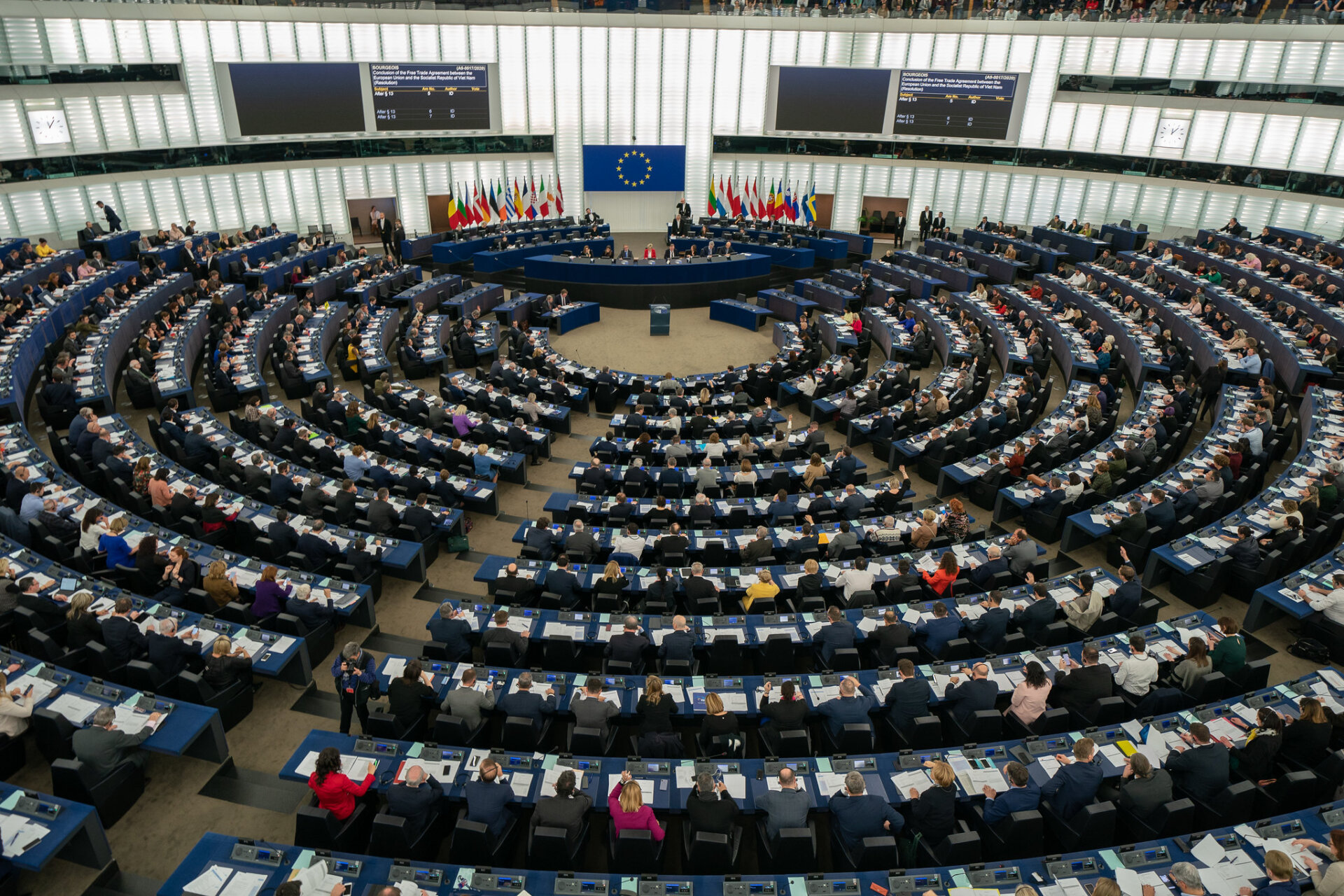The EU is resuming its bilateral trade agenda, responding to increasing geopolitical and economic uncertainties. This comes after the EU reviewed its Trade and Sustainable Development (TSD) approach to its Free Trade Agreements (FTAs). While the TSD review recognises climate cooperation as a priority, upcoming political moments will test the EU’s ability to develop a more ‘proactive’ approach to green trade. Success is important because the EU’s future prosperity and security relies on trade partners also transitioning to a clean economy.
The European Union is moving away from a ‘defensive’ understanding of climate policy in FTAs, towards a more ‘proactive’ stance. This change involves the EU not only seeking to safeguard its own domestic climate ambitions in the terms of its FTAs, but also using them to support its trade partners’ climate transitions.
To develop this approach effectively, the EU will need to break down siloes between its trade and climate diplomacy functions.
Upcoming priorities for EU trade and climate agenda include:
- Forests – the EU could better incorporate climate finance into its approach, while supporting diplomatic goals such as the Forests and Climate Leaders Partnership, aiming to bring Brazil and others into the Partnership.
- Fossil fuel subsidies – the EU should include provisions in future bilateral FTAs and support the multilateral Fossil Fuel Subsidy Reform process.
- Coal phase-out – the EU should use export finance and investment facilitation to accelerate the coal-to-clean transitions in priority countries such as India, Indonesia, and Australia.
- Green industrial development – the EU should use capacity building, regulatory cooperation, and technology transfers to support nascent green industries in partner countries, particularly where clear comparative advantages exist, such as with critical raw materials in Chile.
Download the complete briefing to view the summary as well as further background information and analysis.


